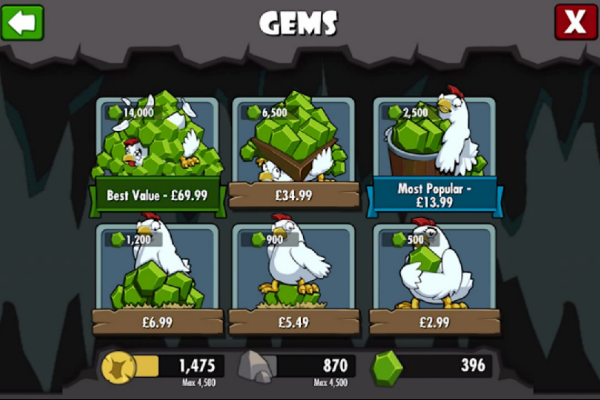10 Ways The Video Game Industry Takes Advantage Of Its Biggest Fans
1. Putting Micro-Transactions In Full Priced Games

The worst example of them all, and perhaps the single more abused practice in the history of video games, micro-transactions have helped single-handedly redefine the definition of exploitation. However, like many of the examples on this list, they arent inherently a bad thing; after all, they allow free-to-play games to make money without having to rely on advertisement. Like crowdfunding campaigns and early access games, micro-transactions remain a good idea, but only in theory.
Theyve actually been around a long time, mostly on mobile devices; its only when they started making the jump to console gaming that they became really problematic. Everything from Dragon Age: Inquisition to Train Simulator has started to include them, so much so that EA Vice President Peter Moore stated in 2012 that all games within five years would incorporate micro-transactions in some way or another. The sad thing is, with the way we're going, he looks to be on point, and thats a scary thought.
Besides anything else, asking players to pay full price for a game and then expecting them to continually purchase new content is just insulting. In Free-to-play games, or Fee-to-Pay as theyve been relabelled, its a mere annoyance that should probably be expected; you cant really complain too much about a free game pestering you for money. In a AAA title thats already made you folk out £60/£50, you are well within your right to feel utterly betrayed.
Agree? Disagree? Let us know in the comments!